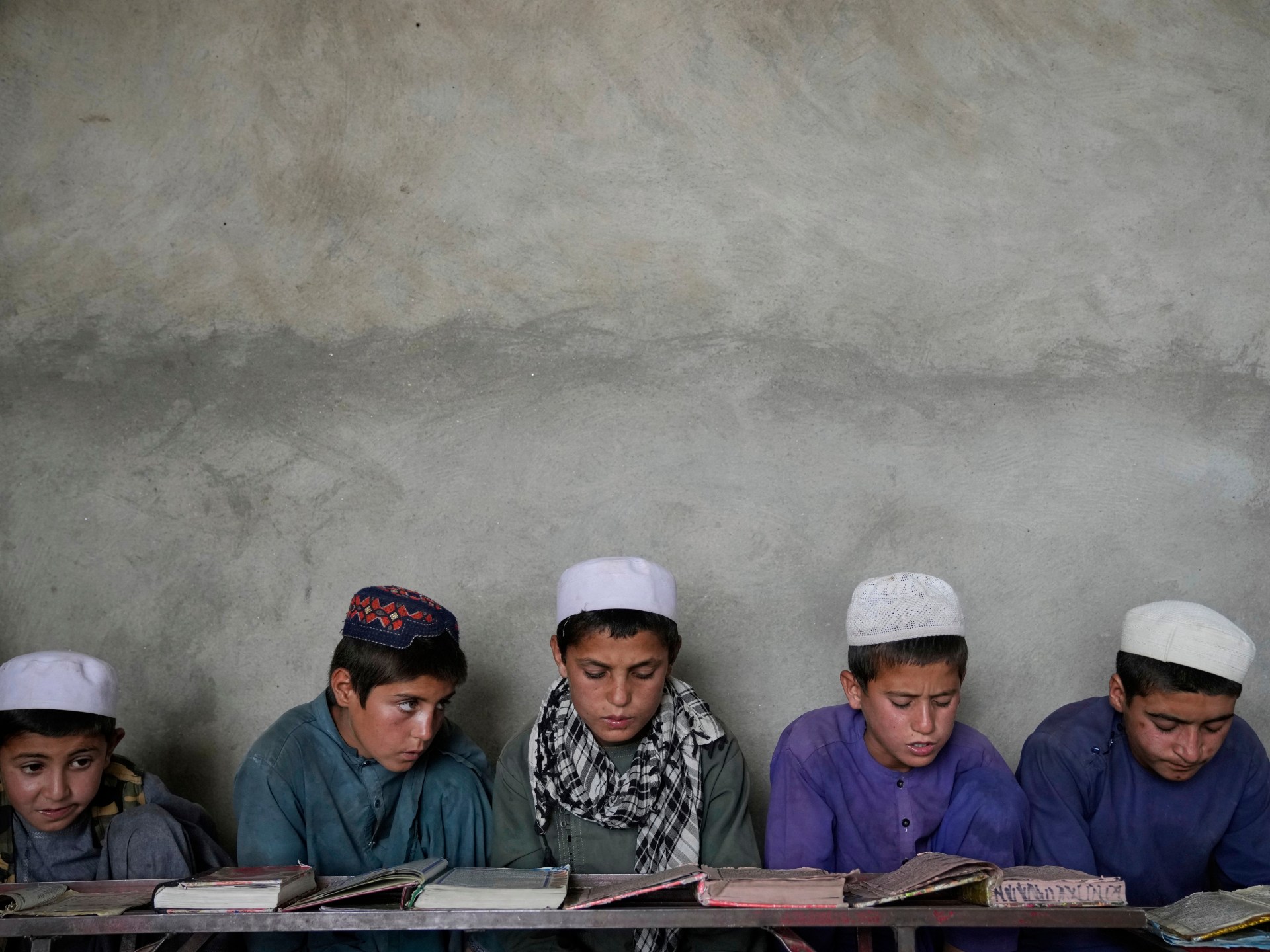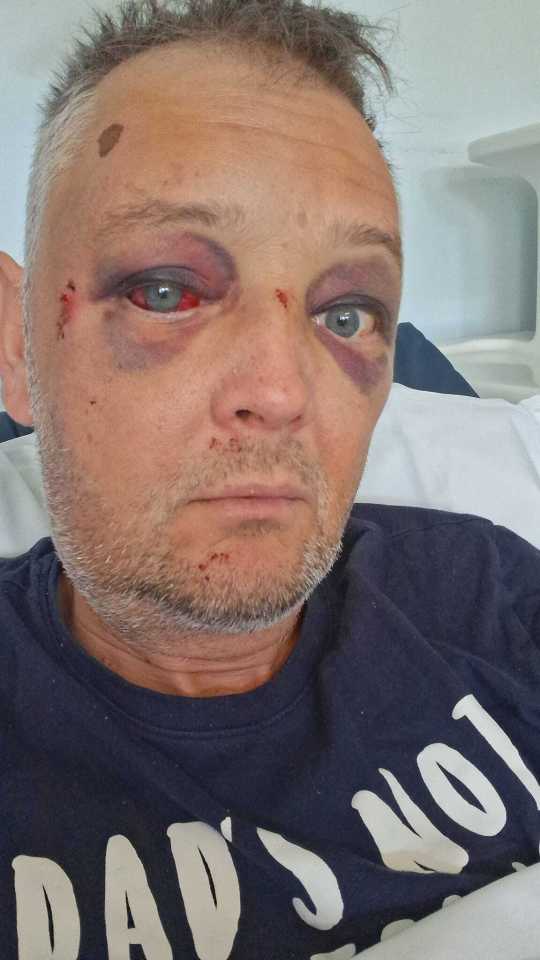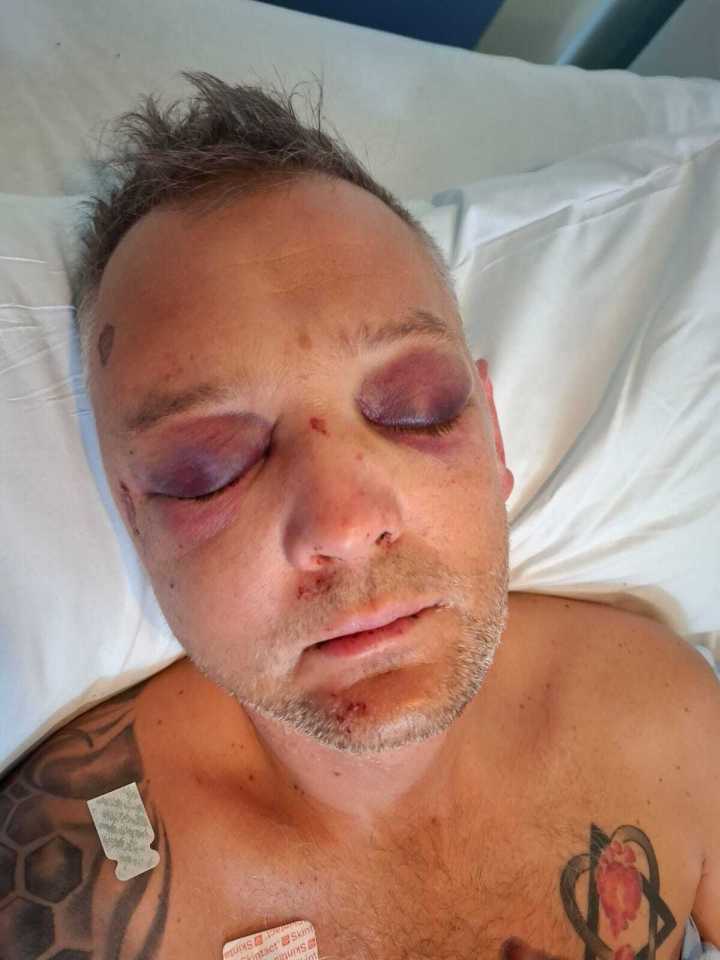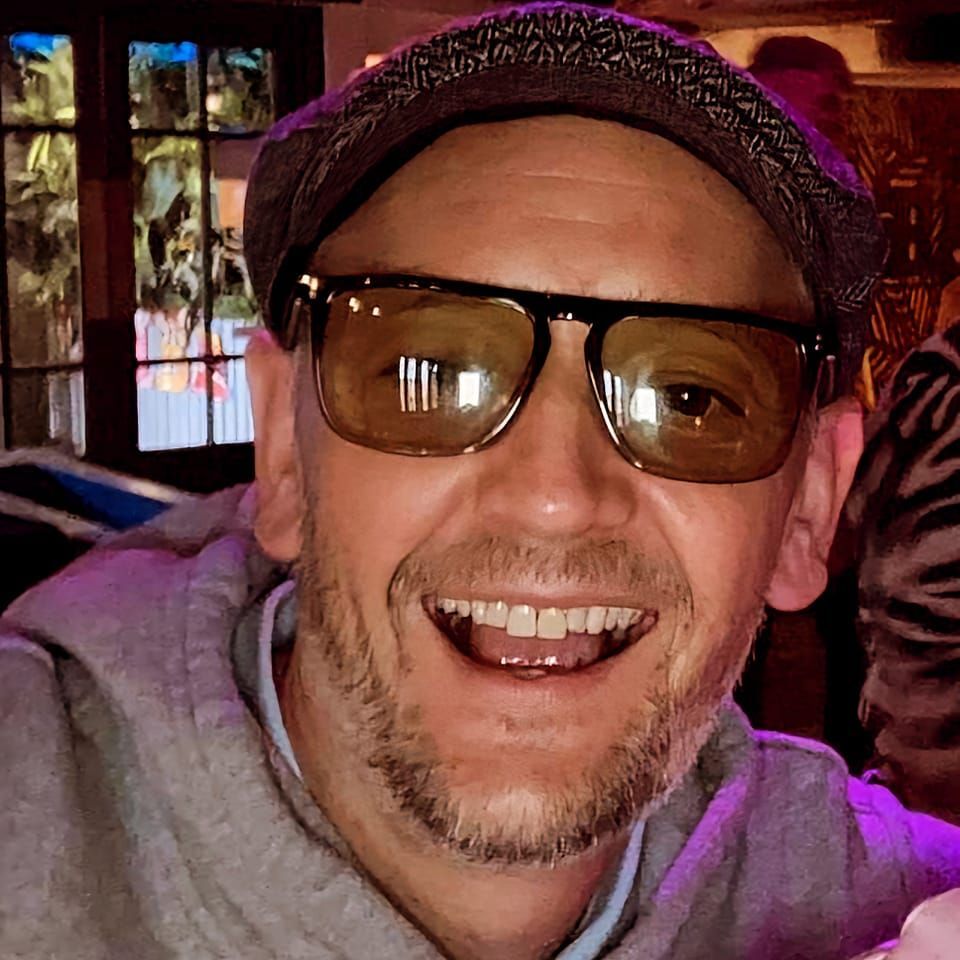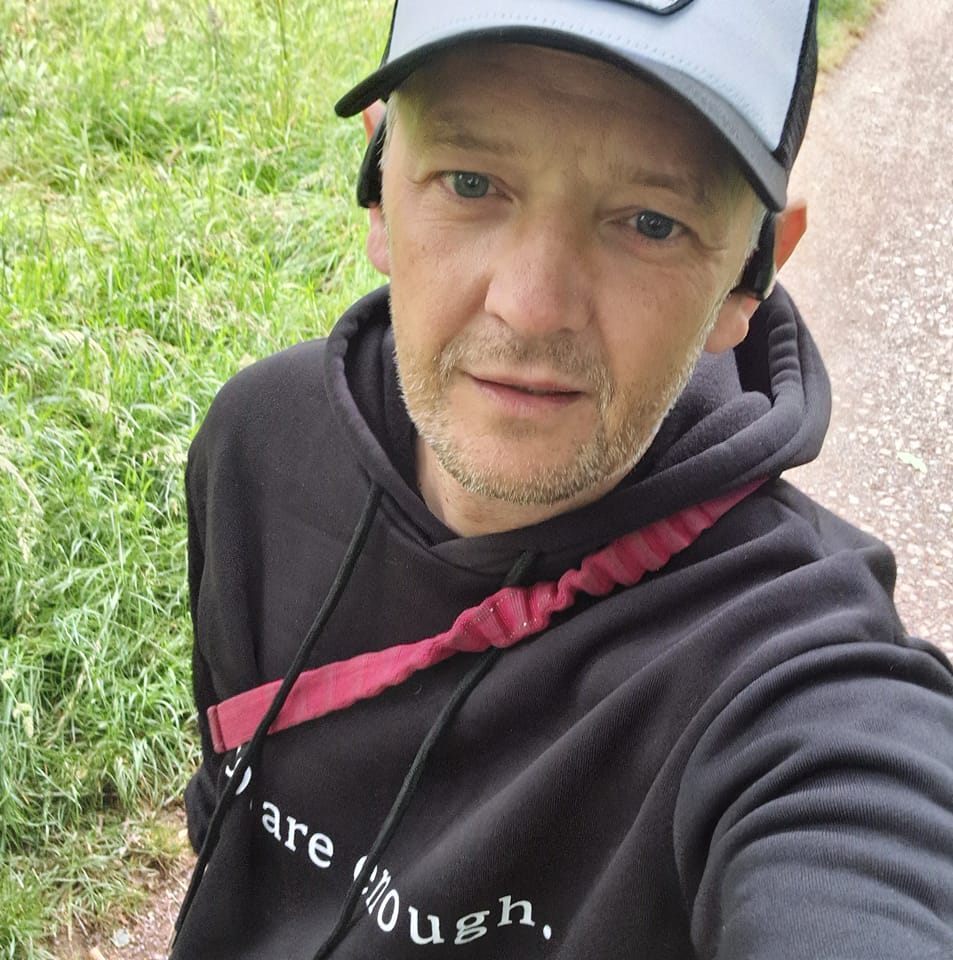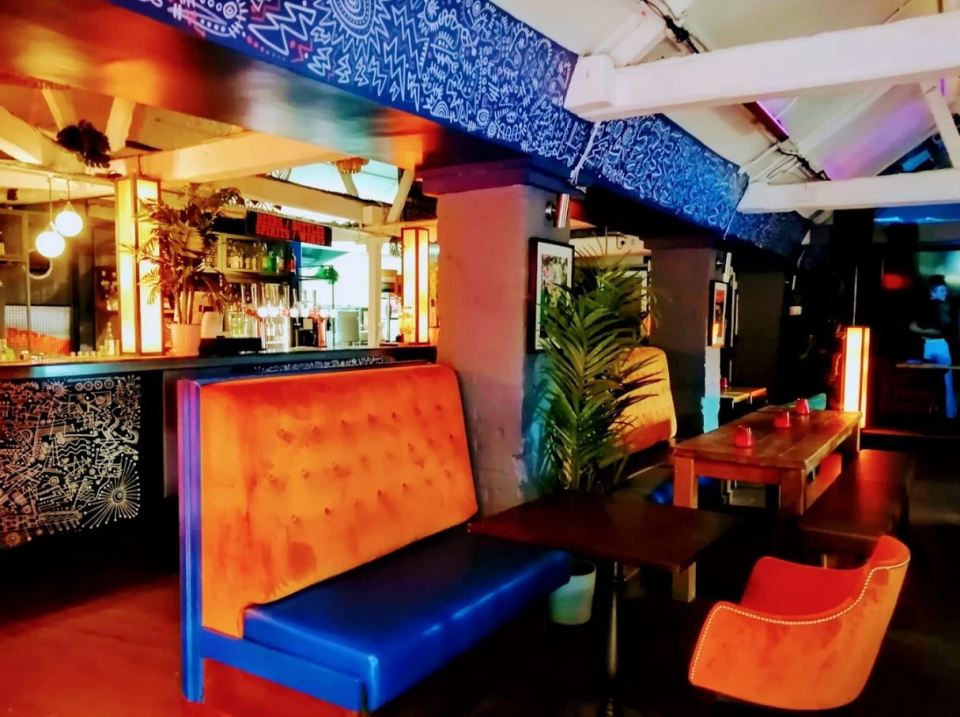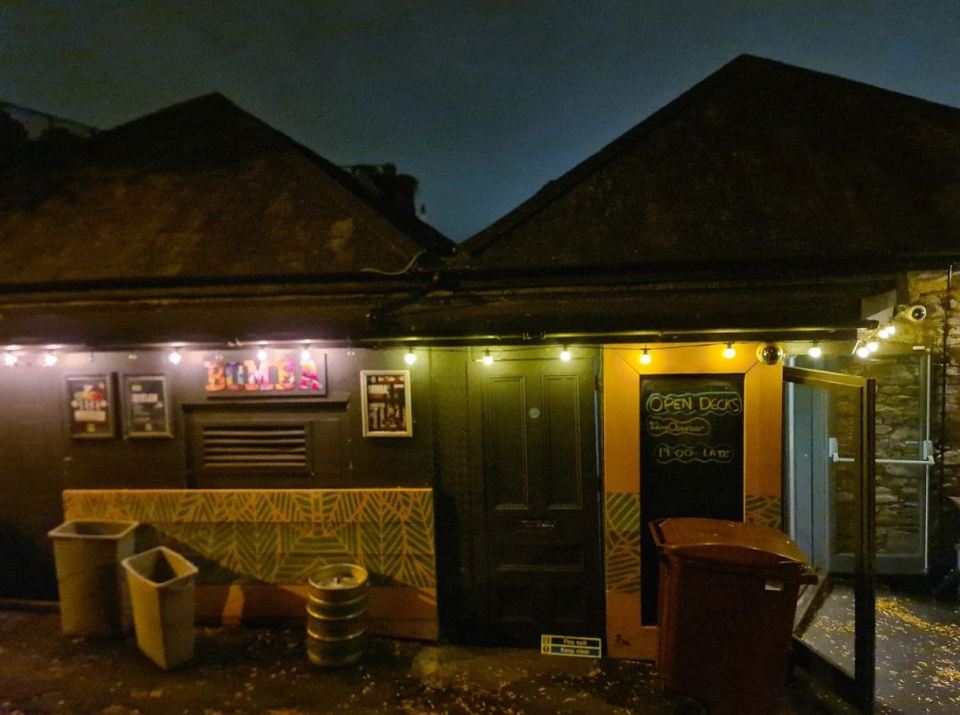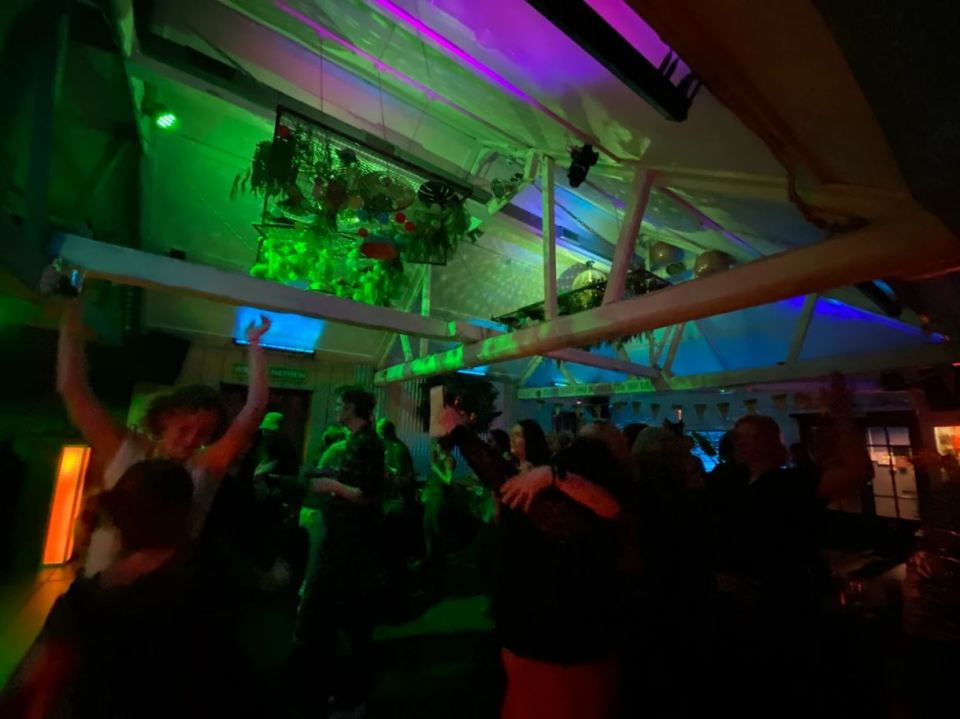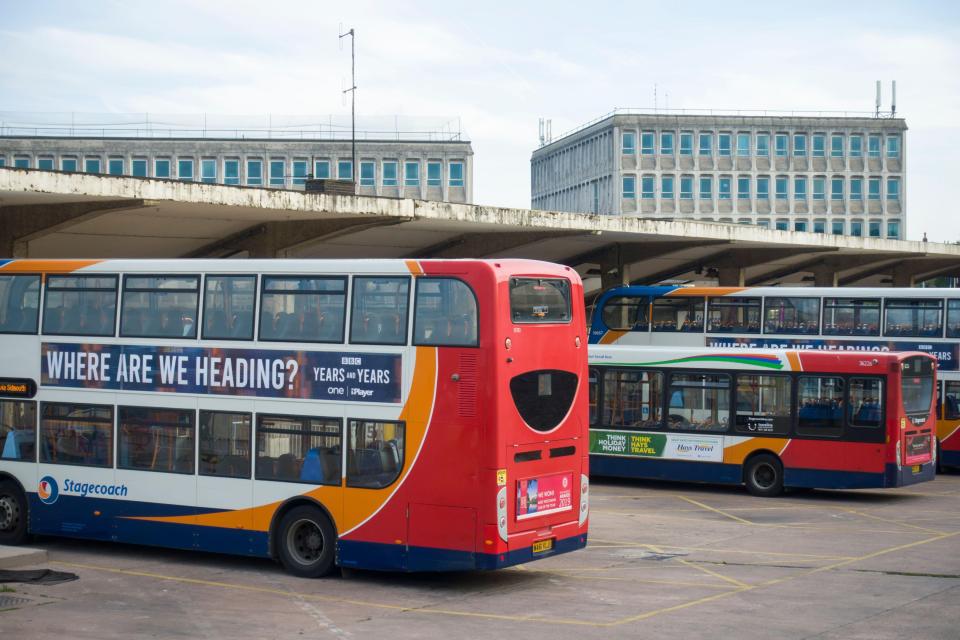Blood, Betrayal, and the Fractured Caliphate
Behind the facade of order and cunning that the terror group Boko Haram, and its splinter group ISWAP, flaunt to the outside world, lies a dysfunctional core corroded by greed, paranoia, extortion, tribalism, fear, and treachery.
In their enclaves, in North East Nigeria and in the wider Lake Chad region, women often bear the heaviest scars, being subjected to systemic rape and violence, which leaders dismiss as spoils of war.
Commanders fall not only in clashes with soldiers or vigilantes but also under the bullets of comrades, who once swore to fight the same cause.
Feuds over leadership and resources, suspicion of working as spies, or simple ambition have sparked deadly purges that have claimed more fighters than external battles with their enemies have done. In the end, the insurgents are caught in a paradox of their own making – they wage war against the state but are slowly devouring themselves from within.
Mamman Nur
At the height of his influence, Mamman Nur was revered as one of the most learned clerics in the Islamic State West Africa Province (ISWAP). He was a charismatic leader whose voice once carried weight in the ideological debates that shaped the insurgency across the Lake Chad basin. But by the time of his death, Nur was not remembered for theology, nor for his role as a strategist. He was remembered for his bodily infirmity — broken, bleeding, and betrayed.
Nur suffered from severe haemorrhoids. The condition left him in constant agony, blood dripping from his anus. In the unforgiving world of insurgent camps, where strength and divine aura were as important as loyalty, Nur’s ailment became both a weakness and a curse.
Fighters whispered that he had grown frail. Leaders suspected that his mind, like his body, was giving way. His decision to secretly accept ₦2 million from a negotiating team in the hope of finding treatment sealed his fate.
Nur’s health troubles coincided with shifting politics within ISWAP. The late Abu Musab al-Barnawi – favoured not for superior scholarship but for lineage as the son of slain Boko Haram founder Muhammad Yusuf – emerged as the face of the group. He was the conduit to the Islamic State core in Syria and Iraq. More importantly, he was also a Kanuri; Nur was not.
Nur, once seen as indispensable, was now considered expendable. Worse still, he was branded a tattler and a man too open to the prospect of peace. For many insurgents, this is a sign of weakness, not strength.
Prison of iron and cement
HumAngle gathered that ISWAP runs two categories of prisons in its Lake Chad strongholds, with the most notorious controlled by the group’s feared security arm, the Rijjalul Amni. Reserved for those convicted of major crimes—such as unauthorised possession or trading of firearms, contact with government institutions, adultery, or mutiny—the prison is a fortress of steel pillars and barbed wire, much of it stripped from telecom masts. The prison, open-roofed and welded into sections, is where ISWAP’s intelligence chiefs carry out torture, punishments, and executions. Lesser offences like marital disputes, loan default, or pornography cases are handled by the Maktabal Kazawul Mazalib, a community-level court, and do not lead to confinement.
Conditions inside the Rijjalul Amni prison are brutal, likened by one former member to a Hitler-era concentration camp. Prisoners are tortured, underfed, and often left with food that causes deadly illness. Lice infestations are routine, and survival rates are grim—about 70 per cent never make it out alive or healthy. The prison is designed not just to punish but to instil fear, ensuring strict obedience within ISWAP ranks and the communities under its control.
When Nur was accused of betrayal, he was locked inside one of those brutal prisons. His cell had no tarpaulin to shield him against the choking heat or torrential rains. The prisons serve not as holding spaces but as purgatories intended to dehumanise inmates.
One night, in 2018, Nur attempted to flee. Fighters had anticipated the move and ensured that all boats were removed from the shores before dawn. Desperate, he waded into the shallow waters of Lake Chad. By the time guards discovered his absence during morning prayers, he had barely made it 200 metres from the camp.
A fighter later recalled spotting him, neck-deep in water, his head bobbing as he begged for rescue. He was dragged back, and his punishment was obvious.
In the law of the insurgency, attempting escape is treason. And Mamman Nur was executed some days after.
The same type of iron-barred cells held two former fighters who defected from the group and are now living in Maiduguri. They described the conditions as dehumanising. Swarms of mosquitoes and other dangerous creatures from the Lake Chad creeks made the nights unbearable, and once, a snake slithered into the enclosure and bit an inmate to death.
“When it rains, you’ll have to stand with your feet under muddy water,” said a former ISWAP prisoner. water,” the prisons remain flooded for weeks, leaving inmates inside.
“I witnessed a cellmate die from his injury,” one said. “We were then ordered to bury him without proper Islamic rites, simply because he was suspected of spying.”
A state built on fear

His fate was not unique. Since Nur’s death, thousands have attempted escape, and hundreds have been captured and executed. Punishments within the so-called caliphate rarely followed the dictates of Shariah law. They followed paranoia, envy, and impulse.
Unauthorised possession of a mobile phone or listening to a transistor radio could result in the death penalty. Fighters accused of theft were mutilated.
HumAngle reviewed dozens of videos showing men’s hands chopped off. A man was executed for raping a woman who had travelled from Lagos to live and marry within the daulah (the territory controlled by Boko Haram/ISWAP in Lake Chad). Others were executed on allegations of homosexuality or even bestiality.
But executions were not always about morality. They were also tools of control.
A fighter told HumAngle how his shop was raided on orders of the leadership. Over ₦40 million in cash, earned from years of selling stolen and smuggled petrol in territories under insurgents’ control, was discovered. Half was seized instantly. He was accused of theft for possessing so much. Repeatedly extorted, he eventually fled and now lives in a Nigerian city, far from both insurgents and the government’s deradicalisation programme.
A group of six fishermen loyal to Bakura, who led a Boko Haram sub-faction, lost over ₦10 million after venturing into a remote part of Lake Chad, where they caught a large haul of fish.
They successfully transported the fish through Cameroon to Jimeta, Adamawa State. However, when the proceeds were delivered to them through a trusted courier, some fighters stormed their tent in the dead of night and seized both the money and their boat. They were accused of unauthorised fishing. Angered by the betrayal, the fishermen decided to defect.
Another defector currently living in Maiduguri said he left after ISWAP fighters confiscated his livestock. “I had cows and sheep, which I reared for over two years and was even willing to pay taxes on, but some fighters came and took everything from me,” he said.
Inequality behind the black flag
The insurgency drew young men from across Nigeria and the Sahel, lured by promises of equality under God and the dream of a just Islamic State. Instead, they encountered a microcosm of Nigeria’s worst ills – ethnic jingoism, class disparity, and systemic corruption.
Leadership remained tightly in the hands of the Kanuri elite. Non-Kanuri fighters – Buduma, Hausa, Margi, Babur, and Fulani – were relegated to cannon fodder.
Buduma members, renowned for their expertise in Lake Chad waterways, expressed dissatisfaction over their exploitation and lack of leadership positions. Hausa and Margi fighters were routinely sent on suicide missions. Fulani recruits often defected, unable to endure the cultural and political hierarchies.
Even among the Kanuri, deep fractures existed. A caste-like system tied to dialect and ancestry meant that some Kanuris could not marry others, lead prayers, or rise in command. Fighters soon realised the hypocrisy – they had abandoned their homes, families, and futures for a caliphate that replicated the same inequalities they thought they had escaped.
Raising issues of Sharia application
In Maiduguri’s Shehu South Ward, Mustapha Abubakar, a man in his mid-fifties, reflected on how far the insurgents had strayed from the true path of Sharia.
“Their interpretation of jihaad and the application of Sharia is quite contrary to those of general Islamic scholars,” he explained. “Islam requires three conditions before jihad can be carried out: a sovereign state, a unanimously accepted Imam, and an official flag. Boko Haram and ISWAP have none of these.”
Abubakar stressed that criminal justice in Sharia is the preserve of constituted authorities – leaders such as a Khalifa, a Qadi, or an Alkali – not freelance militants.
He cited the Prophet’s saying: “Whoever sees a bad thing, let him change it with his hand; if he cannot, then with his tongue; if he cannot, then let him hate it in his heart – and that is the weakest of faith.” To him, the saying makes it clear that only legitimate authorities may “change things with their hands,” not insurgent commanders.
He outlined the distinctions between civil (mu‘aamalaat) and criminal (hadd and tahziir) justice and the narrow grounds for capital punishment in Islam – deliberate murder, adultery by a married person, and voluntary renunciation of faith.
Listening to the radio or making a phone call, he said, could never warrant death, but at most, a judge might order light tahziir punishments, such as caning if the content was indecent. Likewise, Sharia prescribes lashes for alcohol and drug consumption and severe penalties for trafficking in substances that spread crime and “mischief in the land.”
Even running away from a state that claims Sharia, Abubakar clarified, depended on legitimacy.
“If it is an insurgent-controlled territory where Sharia is misinterpreted, fleeing is no crime. But in a true Islamic State, refusal to pay zakat or denial of its legitimacy, for instance, can be treated as disbelief and punished with confiscation of wealth, or worse,” Abubakar said.
He said the gulf between Sharia as understood by scholars and communities and its distortion under Boko Haram and ISWAP is stark.
Where insurgents mete out execution for radios, phones, or suspected defections, Islamic jurisprudence stresses due process, legitimate authority, and a tightly limited scope of capital punishment, Abubakar stressed.
The splintering and the question of survival
The Kanuri-first culture has fueled defections and splinters within the insurgency. Some non-Kanuri fighters have formed factions like Bughata. Others have drifted westward to terrorist bands in Nigeria’s North West, where profit, not ethnicity, dictates loyalty.
Defections are not just driven by hunger or military pressure. Former fighters confess that more than half who abandoned the insurgency did so because of betrayal, discrimination, or extortion within the group. Hunger ranks second, and military pressure is third.
Mamman Nur’s story is less about illness or treason and more about the fragility of the insurgency itself, which became an enterprise sustained by fear, suspicion, and a culture of unrelenting violence. His fate mirrors that of other former terror merchants, whose trust in one another has been severed.

